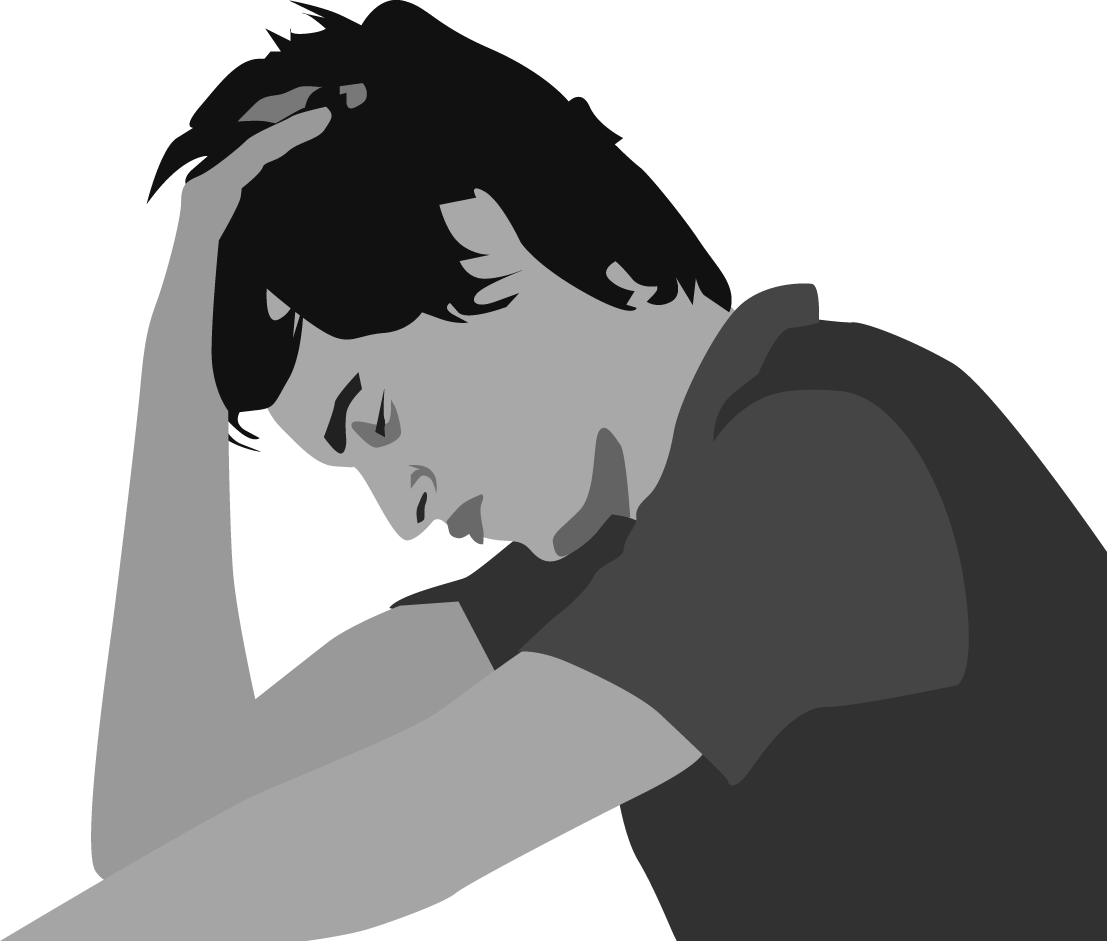
Are we immune to others’ suffering? Last week I, and many others, watched a video of a police officer pulling a gun on an unarmed child, as he held him by the collar and dangled him above the ground. For six years we have seen countless pictures of bloodied people, wading out of the rubble of bombed buildings in Syria. The individual suffering of the child seemed to generate more domestic outrage, perhaps because one person’s suffering is more tangible to us than the horror of an entire people oppressed. It seems, however, that neither suffering on an individual nor mass level can enrage or sicken us enough as a society to motivate action. Perhaps the problem lies in the fact that we are more comfortable in addressing policy with regards to suffering than engaging with the actual emotions and humanity that constitute it.
Art has always been communal. A song’s power comes from evoking emotion in countless individuals: An audience watching a play sits as one collective body, with one shared focus. Paintings affect us in an inexpressible way: words seem inadequate, and we can only stand on faith in believing that the person next to us is moved in the same way.
Art has always been the expression most appropriate to human suffering. Perhaps this is because art demands to be listened to — it necessitates our individual attention to even exist as art at all. Oscar Wilde expressed his own suffering, in his poetic essay “De Profundis,” identifying in his experience: constancy, humility, and ultimately, a retrospective beauty in the care shown by one person to another. An artist demands to be listened to as an individual, a person who experiences the world from his own singular perspective. We as an audience can only possibly know the suffering of another person through listening to this individual expression.
For as people, we suffer when we are stripped of our freedom. Whether we are imprisoned through physical detainment, or through silent social structures, suffering is one of the most complicated feelings to communicate, for it depends both on a medium too imprecise and coarse for its subject, and upon a willingness to listen, which is too rarely given by its audience.
Suffering is sometimes a reaction to situation; other times it is born from the self. Suffering is the basis of tragedy, and unjust human suffering is the biggest tragedy our society faces.
Yet we cannot fix that which we do not fully understand.
But, how does one teach suffering?
If teaching is the sharing of knowledge — a bridge constructed between one mind and another — then it occurs in common rooms, bars and museums, as much as it does in classrooms. Learning occurs whenever one of us chooses to share a sincere perspective, and another chooses to sincerely listen. A true willingness to listen requires two things: attentiveness and the ability to admit that one’s own opinion is wrong.
Perhaps the actual question at hand is not how should we (act to counter suffering), but how could we (not)? Not, how should we provide universal healthcare? But how could we ever allow ourselves not to? Not, how should we regulate gun ownership, but how could we allow the murder of schoolchildren to transpire, without it rocking the foundations of our individual and social identity?
If universities are interested in cultivating leaders, then perhaps we should spend more time trying to understand other people and their suffering. We should devote more of ourselves to looking at and experiencing art, not as a synthesis of facts and elements, but as a confounding yet profoundly sincere evocation of emotion.
Contact Morgan Aguiar-Lucander at morgan.aguiar-lucander@yale.edu .







